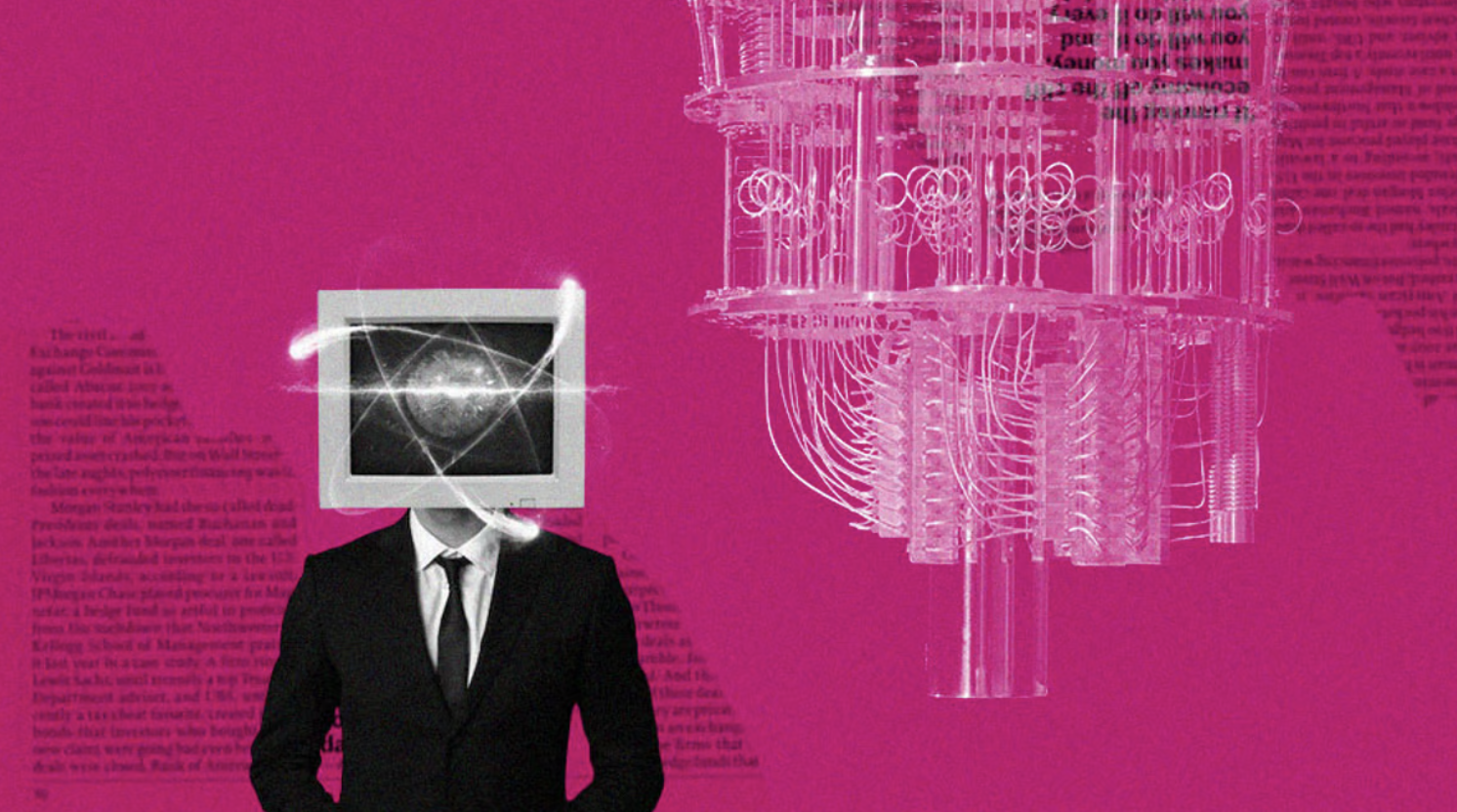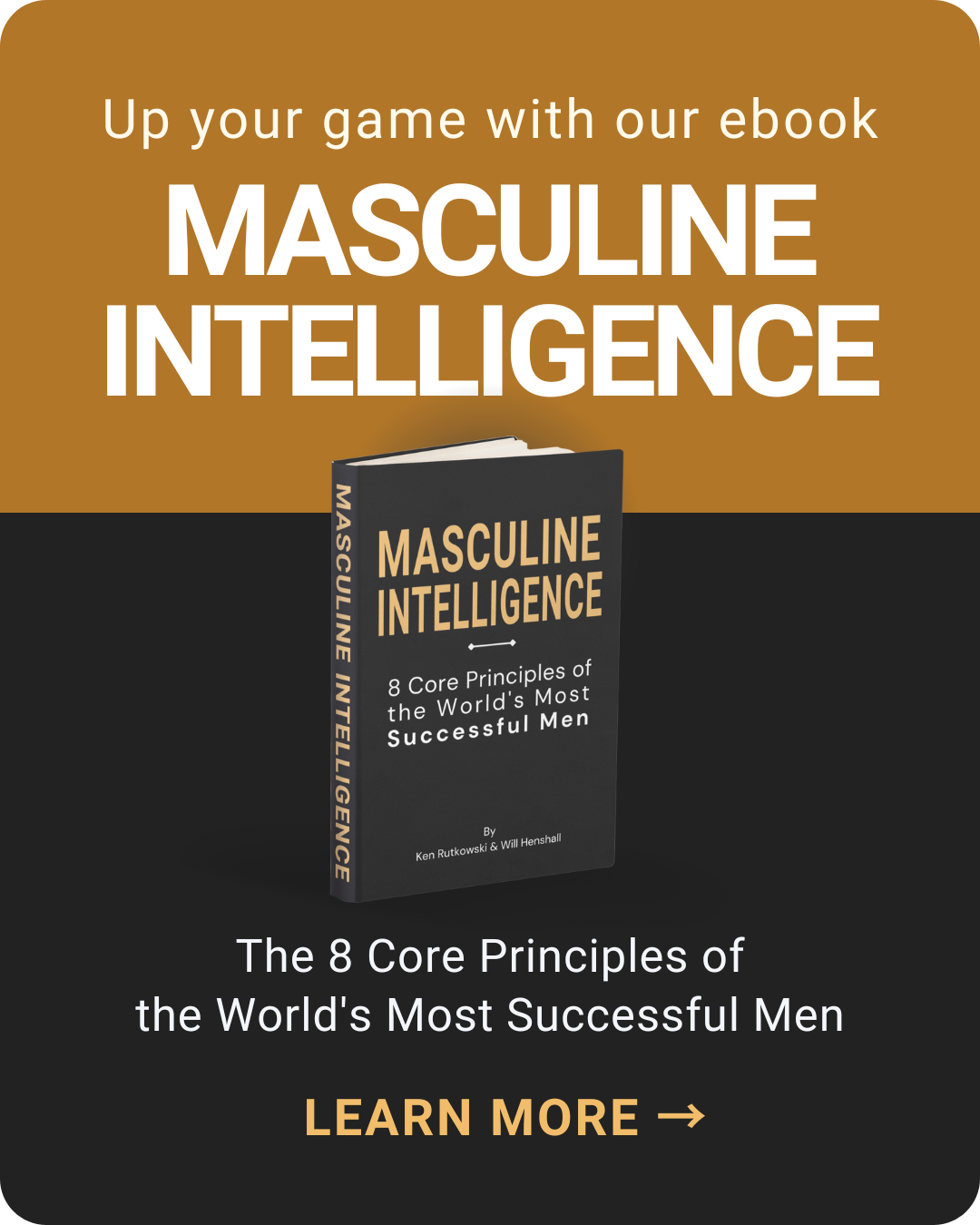
Vint Cerf is a legend.
Known as one of the fathers of the internet, he’s happy with its growth. “I think it's astonishing that it has functioned as well as it has. It’s expanded by about a factor of about 10 million on most axes in terms of speed.”
But he’s not pleased with everything.
“I am unhappy about the abusive behaviors that we see on the net. These are attributable to people who often are very smart, but have only their own interests at heart. I’m frustrated by how hard it is to protect people or institutions from harmful behaviors. But listen, that’s why we still read Shakespeare 400 years after the man died, because people are still as they were 400 years ago, and probably the same as they were 40,000 years ago. And we have to cope with that.”

He’s currently exploring the game-changing world of quantum computing, but the road to get here has been no less exciting than the one leading to the future.
Watch Vint Cerf at METAL
“ARPA [the Department of Defense-created precursor to the internet] was amazing. I was able to go and find the smartest people I could and get them fired up to help solve a problem and just hammer away at it. The internet took over ten years to develop because it started at ARPANET, which is 1968-69. Internet design started in ‘73 and we didn’t get to turn it on until 1983. The persistence of support we had was crucial.”

Cerf then worked at JPL, “which was as mind-blowing as anything could possibly be. Think about it: today we have a spacecraft that's 14 billion miles away. And we can actually still talk to it. It's still sending useful information. Now think about it. It was 1979 when we started that project. Can you imagine the faith in the future, the foresight it’s taken to make these projects succeed?”
MAKING BIG BETS
That same faith in the future drove his time at NASA as well. “The thing which is really wonderful about NASA is that in 1964 they were designing big 70-meter dishes for Canberra, Australia, Goldstone, California, and Madrid. Just think: this was 1964! We were just beginning to get spacecraft off of Earth. And there we were, deciding to build three 70-meter dishes, knowing that we're going to need the antenna one day if we're going to get all the way out to Pluto. Somebody made a giant bet, saying we're gonna need [them] in order to communicate as we expand out into the solar system. That was 60 years ago! Making big bets is the sign of willingness to take risks. I wish NASA had more of that kind of willingness now.”
At 80, Cerf is still planning for the future.
YOU ONLY GET ONE SHOT
“We are still far away from having a quantum machine that does something. The peculiar thing about quantum effects is that when you read the answer out, you destroy the thing that had the answer. So you only get one shot at the other data. We’re working hard on this and I’m confident there will be a useful quantum machine in 5-10 years.”
The internet changed the world by connecting it. How, he asks, would quantum computing change the planet?

“Well, the biggest thing it would do is allow you to explore optimization problems in real time. You can imagine all kinds of applications from medicine to weathering to simulations. That's exciting stuff.”
QUANTUM MACHINES WILL BREAK CRYPTO
“We need to get the post-quantum stuff implemented now,” he says, “because there's information being created now that needs to be protected for at least 25 years, and during the next 25 years there will be quantum machines that can break the conventional crypto that's based on this factorization. I'm actually quite confident that we will have lattice-based algorithms that will do it. We will eventually get the quantum units into a position where they can be run as part of the cloud. So this is a time of really fascinating evolution.”
Written by Adam Gilad
TRENDING NOW
Are Your Internet Habits Killing the Planet? In the future, the industry's emissions are projected to increase rapidly, particularly with the advancement of AI. The IEA anticipates that electricity usage from data centers, AI, and the cryptocurrency sector may double by 2026, matching Japan's energy consumption. This leads to the contemplation of one's internet usage and whether certain individuals are influential enough to impact our climate adversely. (Heated World)
The End Of Merch Graphic tees, dad hats, tote bags, and coffee mugs have significantly impacted the fashion landscape over the past decade. However, the once-trending merchandise now experiences diminished appeal. Exploring the transition from iconic items like Yeezus to the Eras Tour merchandise prompts reflection on the evolution of self-expression through fashion. (GQ)
US Sanctions Operators of “Free VPN” That Routed Crime Traffic Through User PCs The US Treasury Department sanctioned three Chinese nationals for their role in a VPN-powered botnet containing over 19 million residential IP addresses leased to cybercriminals for masking illegal activities, like COVID-19 aid scams and bomb threats. The Treasury Department identified the enterprise as a residential proxy service named 911 S5, which offers a pool of IP addresses owned by regular home users for client use in rerouting Internet connections. This rerouting makes it seem like the connection originates from the home user when using a website or other online services. (Arstechnica)



